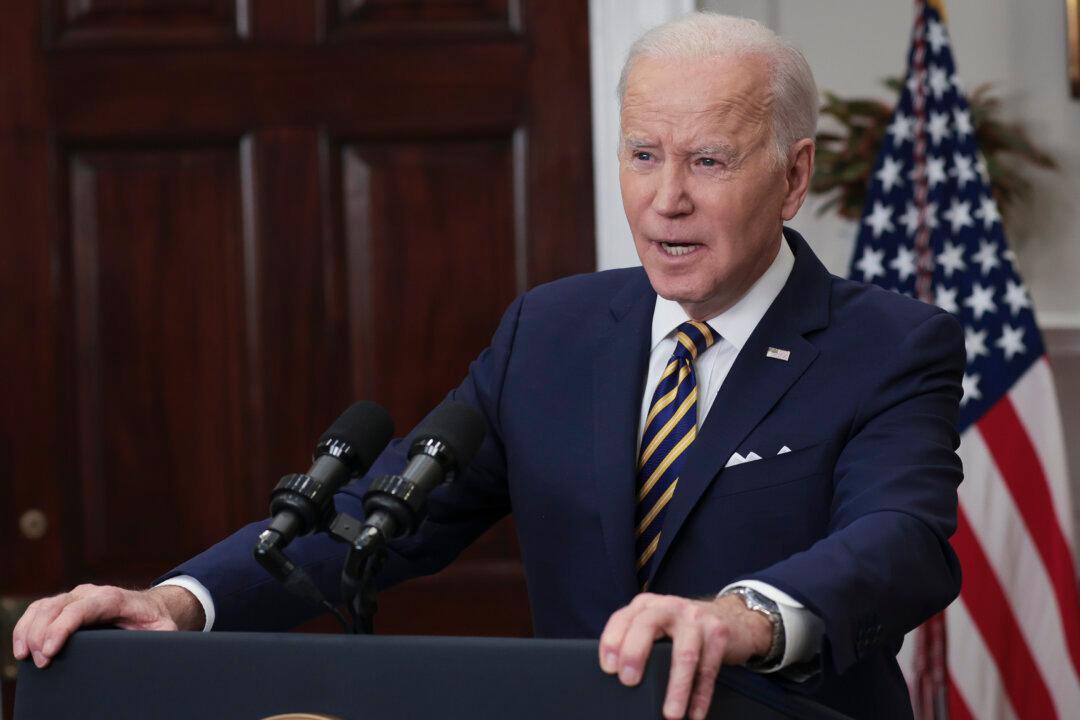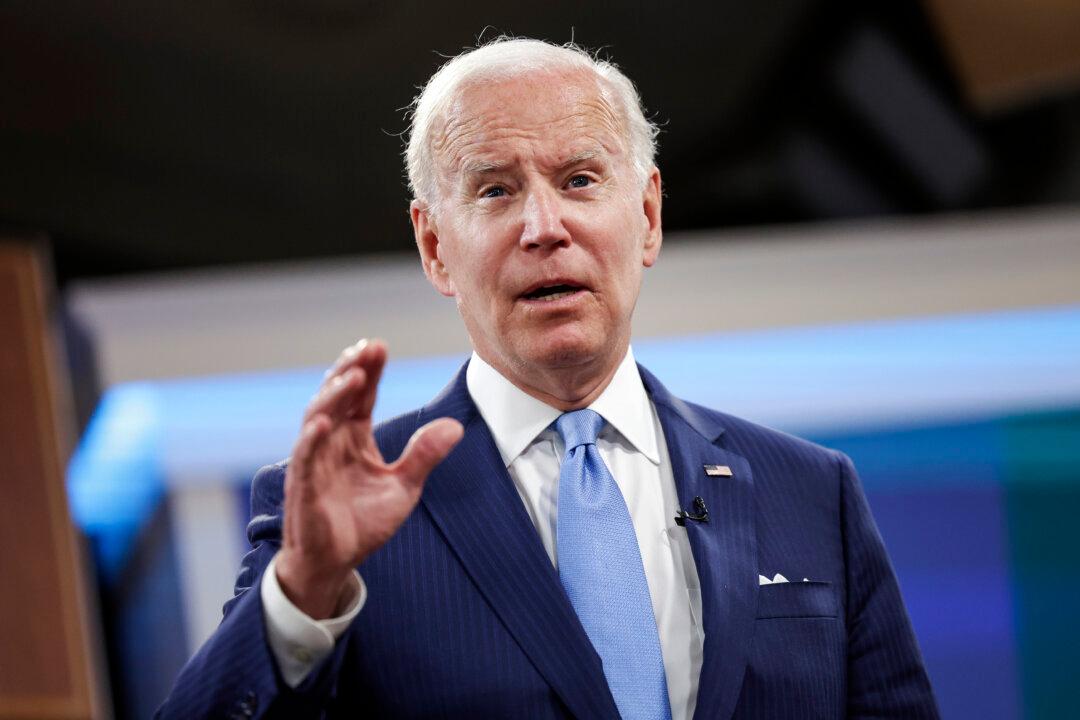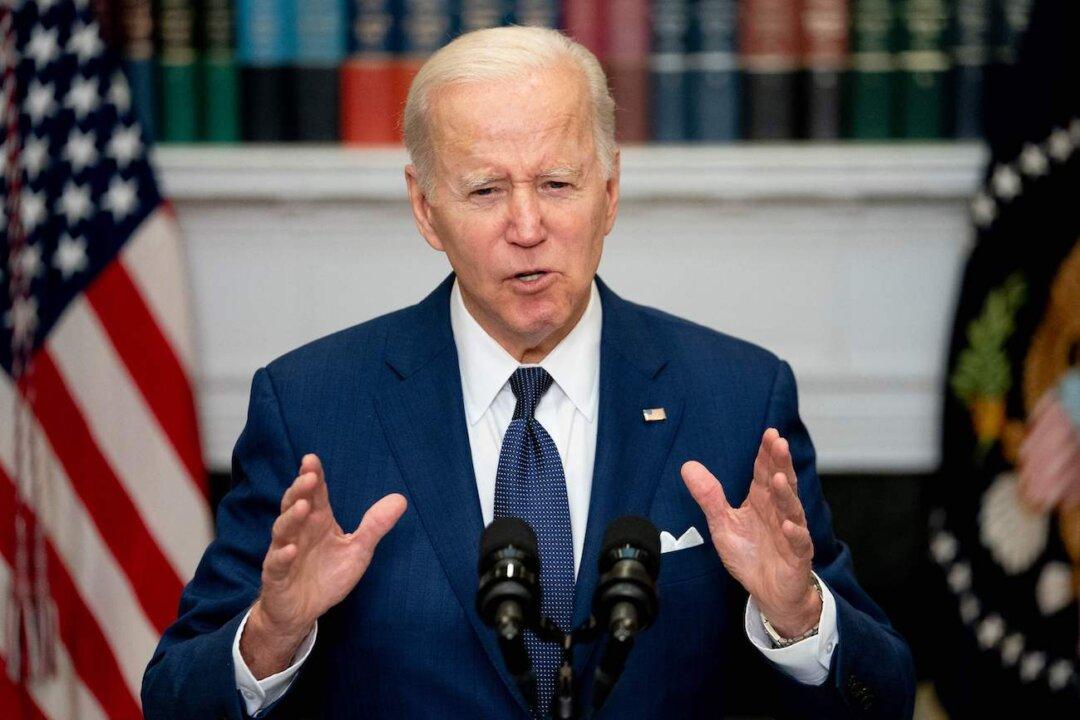President Joe Biden announced a ban on all Russian oil imports Tuesday in the latest move from the United States to isolate Russia’s economy in response to its invasion of Ukraine.
This latest measure comes in addition to sanctions already placed on Russian financial systems and individuals in Russian President Vladimir Putin’s inner circle.




